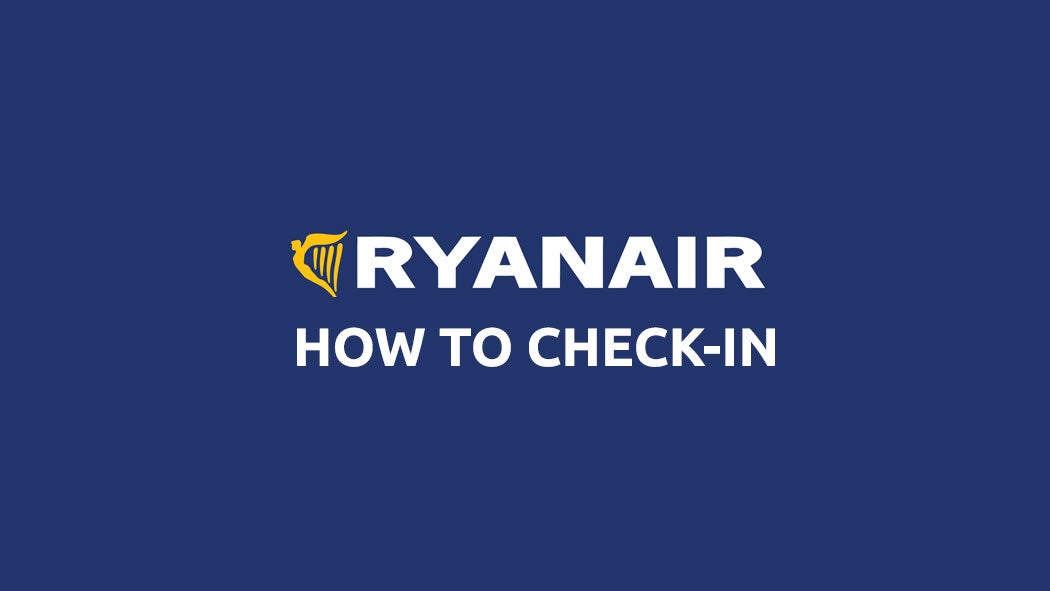Estimated reading time (in minutes)

Ryanair v. Opodo In the absence of contractual relations, the general conditions of use of a site are not opposable to a third party recalls the Paris Court of Appeal .
Non-opposability of the General Conditions of Use to third parties:-
It thus confirms the judgment of the TGI of Paris of April 9, 2010 which had dismissed Ryanair of these appeals against the online travel agency Opodo. The Irish low-cost company wanted to ban the sale of its tickets on Opodo.fr, Opodo.be and vivacances.fr.
She first invoked the alleged violation by Opodo of its T&Cs which prohibit any commercial use of the site. The court first noted that this document did not appear on the homepage. It is only after having consulted the destinations and the schedules, made the choice of a flight but before booking it that the Internet user is invited to tick a box in front of the mention “I have read and I accept the general conditions of travel and the T&Cs of the site”.
Protection of database rights: Ryanair vs. Opodo case: –
Thus, the Internet user who makes a reservation with Opodo is sent back to Ryanair.com at the end of the consultation. The court concludes that these general conditions therefore only apply to the Internet user who concludes an air transport contract with Ryanair. And, the online agency, which acts as an intermediary, remains a third party to the ticket reservation contract, concluded between the company and the Internet user, whose T&Cs do not bind it.
The judgment also upholds the first instance judgment which dismissed Ryanair’s claims for infringement of its rights as producer of the database.
The Court of Appeal considers that the data and information relating to flights, timetables, availability and prices constitute a database likely to be protected by the sui generis right of the producer.
It does not matter, according to her, that the database is linked to the main activity of Ryanair, “any database producer having an interest in investing in the field of its activity”.
On the other hand, it considers that the airline did not justify the investments it would have made for data collection, updating the database and for its architecture by clearly distinguishing them from those relating to ticketing. and flight management. It also brushes aside the argument relating to the infringement of the Ryanair trademark by considering that Opodo was required to communicate the identity of the company to the Internet user, for information purposes and to avoid any confusion.
